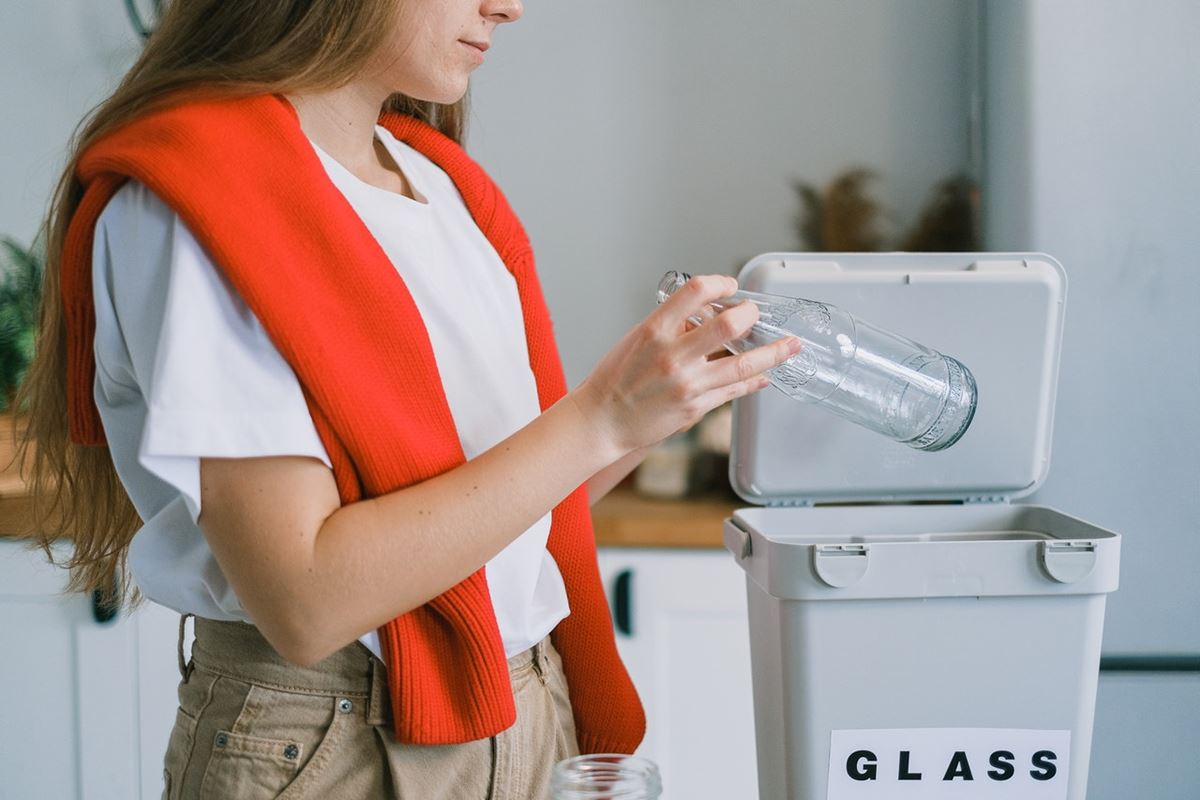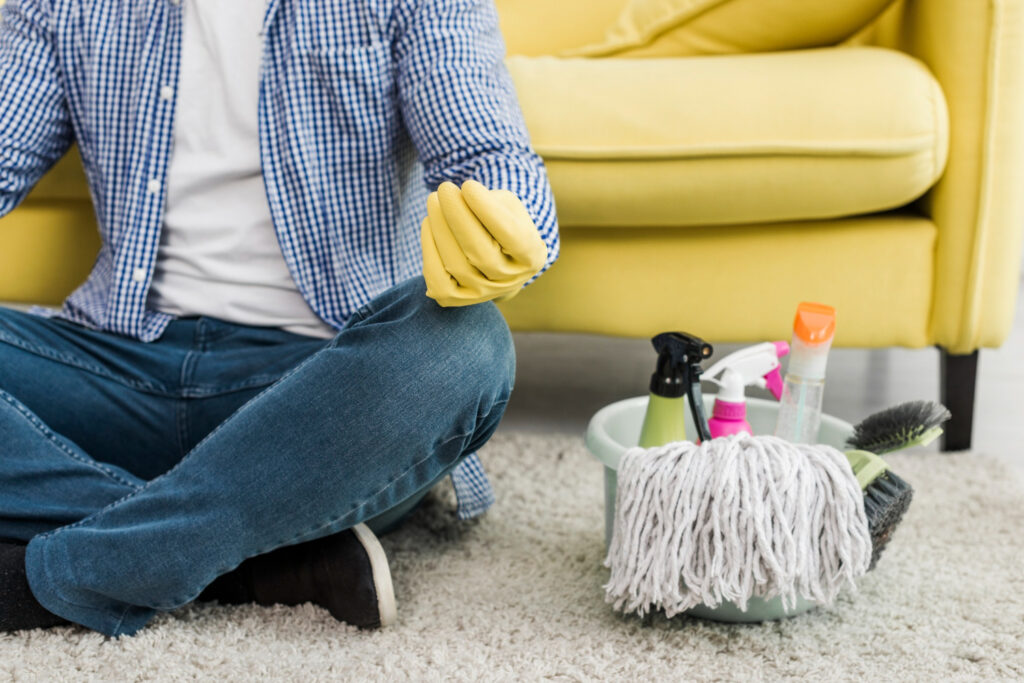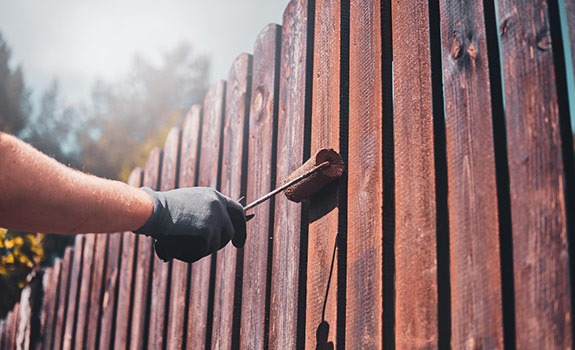Renewable resources and living in a sustainable way is key to mitigating some of the damage done to the planet over the past few centuries. Unfortunately, the looming specter of climate change, fossil fuels running out, and rampant deforestation mean we need to take better care of our environment. Being conscientious of our environment and how we can better coexist in harmony with the planet is a laudable goal.
Whether you’re trying to reduce your carbon footprint, live more sustainably, or do what you can to help the environment there are plenty of things that you can do on a personal level to help. Here are five ways that you can go eco-friendly at home.
Start Recycling
Recycling is one of the best things we can do to live more sustainably. Why is recycling so important? Recycling reduces waste and pollution while allowing things to be used and reused in better ways. Furthermore, it dramatically reduces greenhouse gas emissions.
When you recycle things like paper, metal, and cardboard, it can be repurposed into something else and renewed as a resource for some other purpose. Raw materials require cultivation, creation, transportation, and processing. Recycled materials don’t need as much attention to be repurposed right away. Doing so cuts back on waste while helping to save the planet. So don’t throw those soda cans or delivery boxes away! Recycle them instead. You’ll be glad you did.
Change to a More Efficient Heater or Air Conditioner
Humans like to be comfortable and exist within a climate controlled environment. Heating in the winter and air conditioning in the summer help us accomplish that. But these amenities also take a toll on the environment. Air conditioning uses a refrigerant that can harm the environment as well as a lot of electricity. Heating tends to use a lot of electricity and release greenhouse gases.
The best way you can help is by upgrading to more energy efficient units, use them sparingly, and find other ways to stay warm/cool (blankets, windows, fans, etc.) during the winter and summer months.
Switch to an Organic Mattress
Regular mattresses are something with which all of us are familiar. When it comes time to replace one or update to a new bed, you can do so in an eco-friendly manner with a certified organic mattress. You can get one that’s made with GOLS certified latex, GOTS certified cotton, or a hybrid of sustainable materials. They’re plush, comfy, durable, and have better back support than standard mattresses. For those of us who prefer our mattresses made without any animal products, there is a vegan, wool-free option. Just like other mattresses, they come in standard or pillow top styles and a variety of size options.
When you’re looking to switch to an organic mattress, be sure to go with one from a reputable company that uses GOTS certified materials in its construction. If the company itself is manufacturing its wares in a sustainable way, you can rest comfortably in the knowledge that you’re doing your part to help the planet.
Buy Items That Are Made with Sustainable Materials
Sustainable materials are any materials that can be readily produced to what is needed without completely eliminating the resource. Unlike non-renewable resources such as fossil fuels, a sustainable resource can be replenished to meet demands for its use. Here are just a few examples of sustainable and renewable materials:
- Bamboo
- Straw
- Cotton
- Wool
- Buckwheat husks
- Latex
- Reclaimed wood
- Recycled plastics
- Cork
- Hemp
Using sustainable materials isn’t a mere trend. It’s a way of life that can lead to a better, more sustainable world for all.
Compost
The personal and environmental benefits of having a compost heap cannot be overstated. Composting helps to enrich the soil, make it more viable for the healthy bacteria that break down organic matter, and methane gas reduction. Here’s a short list of things you should compost:
- Fruits
- Vegetables
- Eggshells
- Coffee grounds
- Coffee filters
- Tea bags
- Nut shells
- Shredded newspaper
- Cardboard
- Paper
- Grass
- Houseplants
- Hay
- Straw
- Leaves
- Sawdust
- Wood chips
- Cotton
- Wool
- Hair
- Fur
- Fireplace ashes
You should never compost materials like charcoal, dairy products, fats, meat waste, or any yard debris that’s been previously treated with pesticides. Composting is one of the single most important things we can do to reduce our carbon footprints and live sustainably for a long time to come.
Published in: Home advice | Author: Lynn







